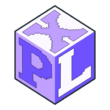What is PXL?
PXL™ is the Tabletop Role Playing Game for Storytellers
Designed around the concept of building blocks (or pixels), PXL™ is a game that makes it simple to do anything. The idea is that simplicity breeds complexity. The unique but simple character-building combines classic skill levels with limitless customizability, allowing you and your table to create any character imaginable, without exception. The simple but robust challenge system is divided into four types: Physical, Roguish, Mental, and Social.
At only 30 pages in length, PXL is designed to be able to jump into quickly. The game works in any and all settings, and comes equipped to handle most out of the gate. PXL™ was designed to be very easy to implement homebrew into. I knew it would be impossible to cover every scenario that could ever come up, so I focused instead on making a toolkit that is easy for any game master to modify and add to themselves.
Unlike many popular systems, PXL™ is not a tactical game. It focuses not on combat, but on story and cinematic scenes– thus the term “Narrative Role Playing Game”. The game is designed to be capable of handling any situation, but in a way that keeps the story and the actions of your characters at the forefront, with the dice staying in the background to merely guide your adventure. Theater of the mind is strongly recommended for this game.
PXL™ might be right for you if:
- You’re a new player who feels daunted by traditional rulesets
- You feel limited by traditional class systems
- You want to do really cool stuff without feeling punished
- You want to say “yes” to your players more
- You like the idea of GURPS but find it too complicated
- You want to focus on telling a cool story instead of the dice
The Pillars
PXL™ was built on three pillars that have stood the course of development:
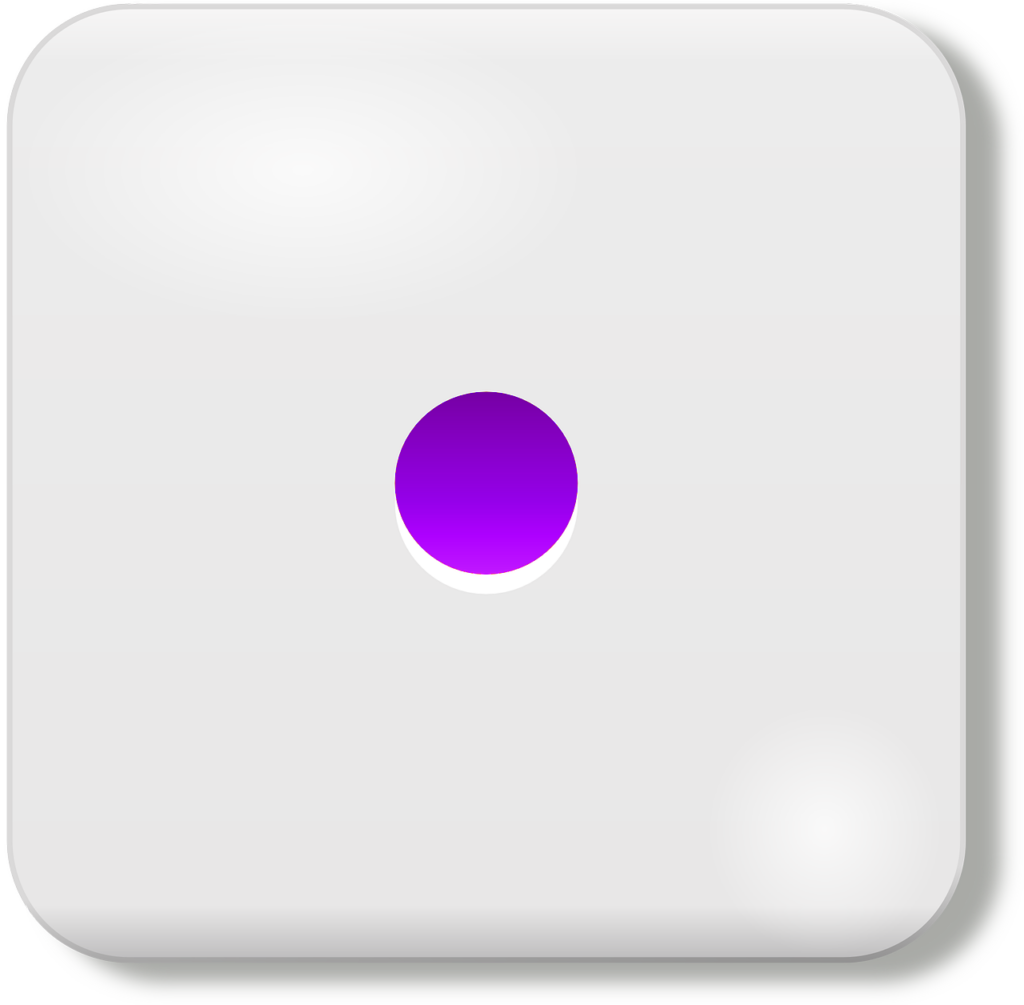
Simplicity
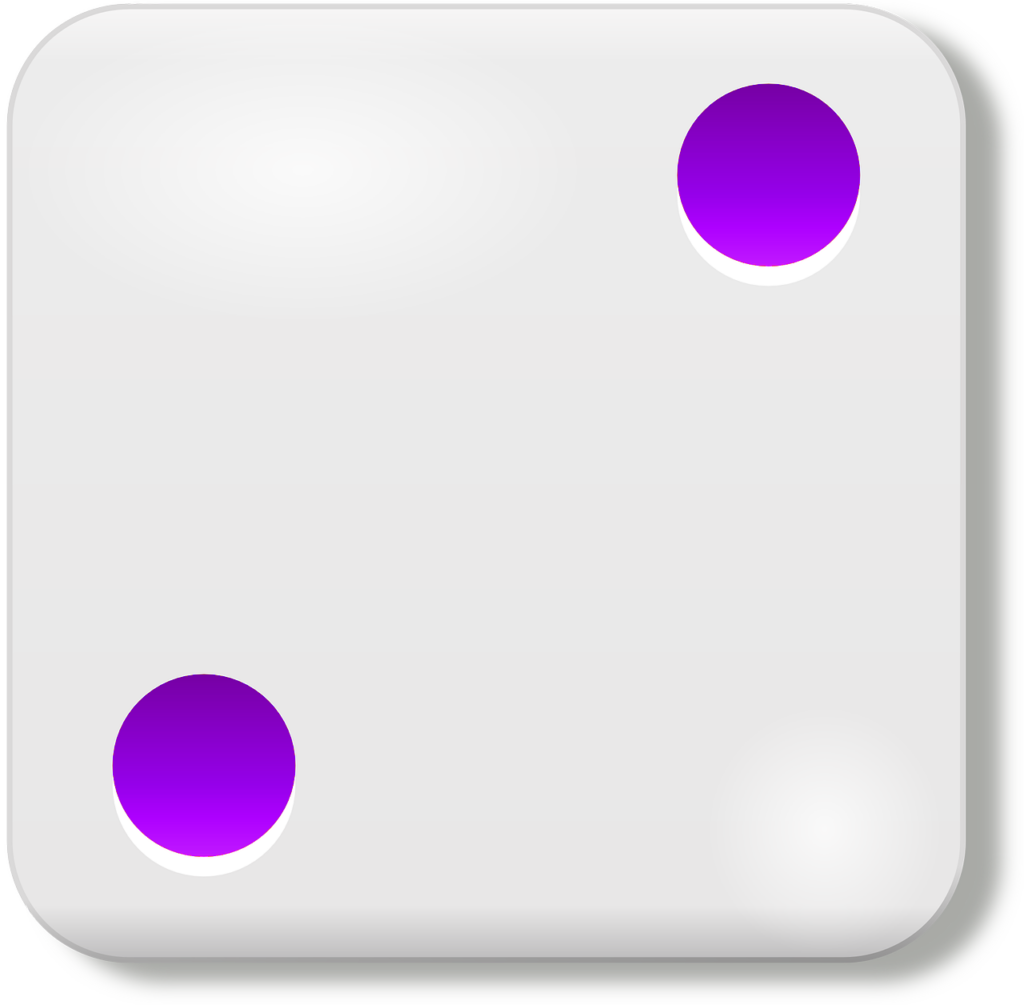
Accessibility
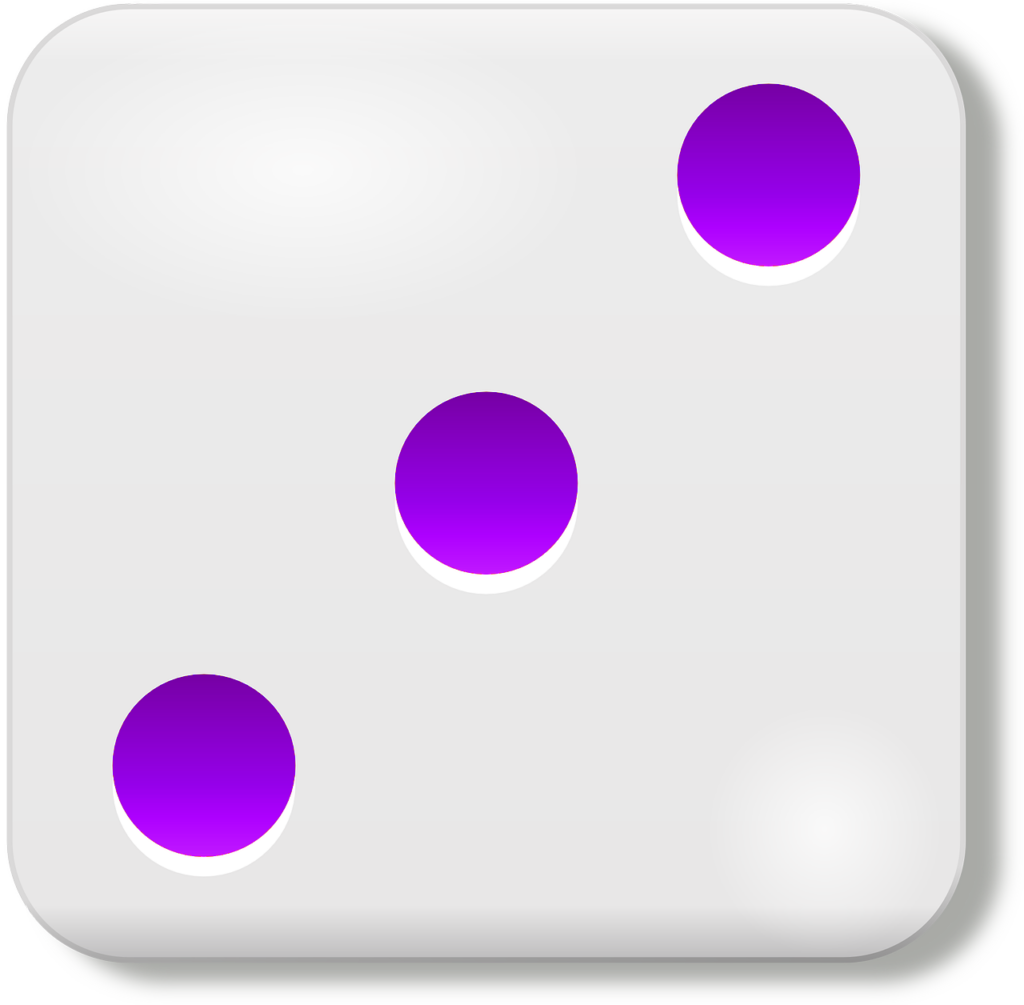
Capability
Meet the Crew

Light Mosser
Lead Designer
My name is Light Mosser. I am a voice artist, actor, performer, and general storyteller. I have put hundreds of hours into the development of this game over the last eight years. The game has undergone five major revisions, and barely even resembles the original incarnation. After five years playing Pathfinder and D&D, I would regularly express my frustration at the hoops they make you jump through to perform seemingly basic tasks, or to create a character that didn’t really seem that complex. One day, I said, “If I were to make a role playing game, I would do it like this…” And I didn’t have anything better to do, so… I did!
Eight years later, here I am. I hope you enjoy what I’ve created.
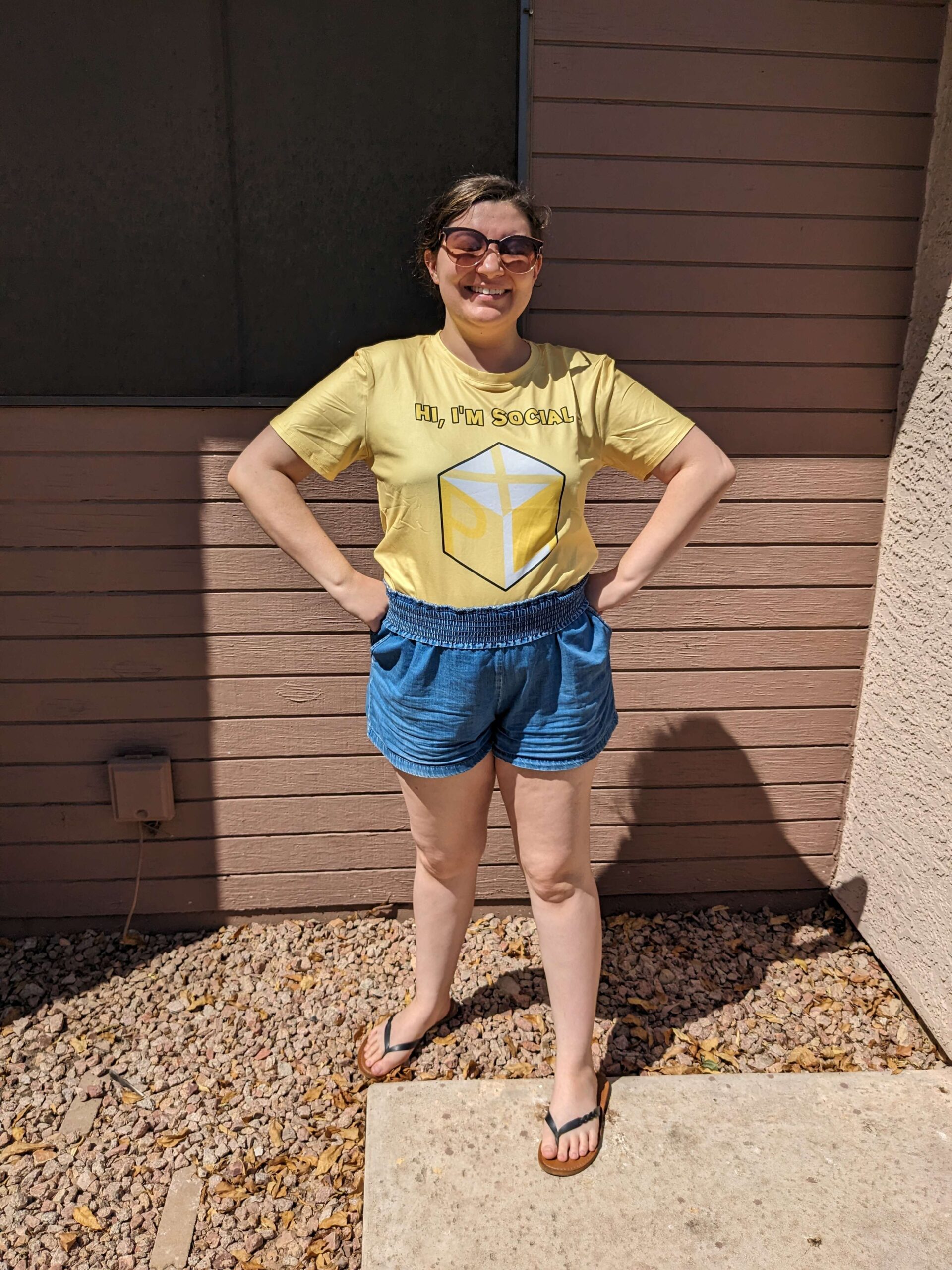
Melody Startzell
Producer
Melody Startzell manages the funds and inventory for PXL™, and has been a major source of inspiration for the business side of making this game real.

Sean Lang
Assistant Designer
Sean Lang is a husband, Circus Artist, and Assistant Designer for the PXL™ Narrative Roleplaying Game, from Temecula, CA. He loves his wife, juggling, and the magic of physical comedy, as well as getting together with his closest friends to play and further develop PXL™! As well as being part of the original campaigns of the PXL™ system, Sean has wrote and ran his own campaign and adventures in PXL™, leading to countless hours of laughter and joy! Currently, he lives in Greece with his beautiful Greek wife, and is staying connected through the magic of the internet.
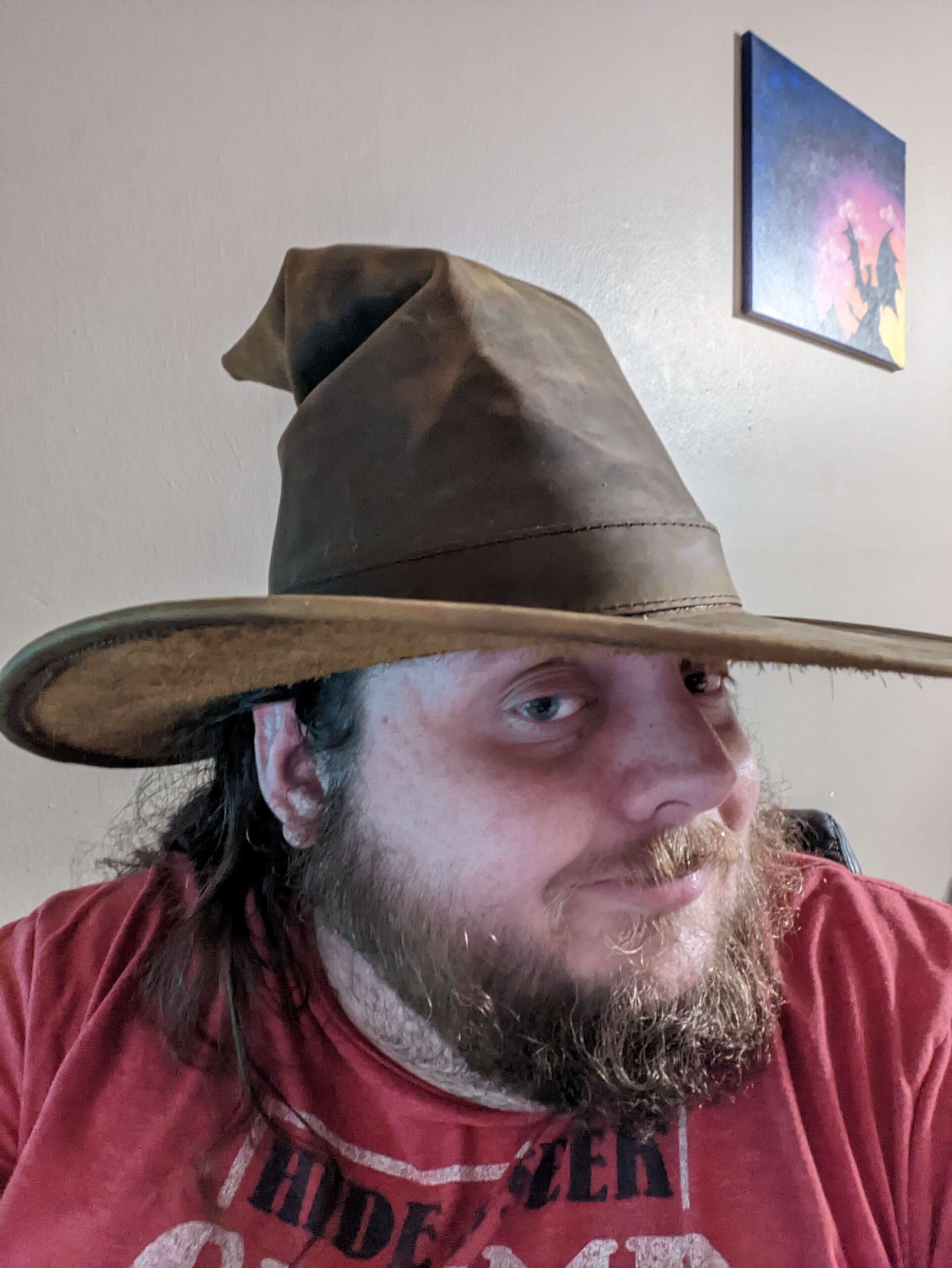
Aaron Leibowitz
Wizard...?
Aaron’s remarkable memory helped Light’s design process from the very beginning. Light regularly came up with ideas on the fly, only to totally forget them later. Without Aaron, many of the best things about PXL™ would have been lost to the void.
These legends were with me through critical times. Each one of them was instrumental to developing this game, and without them PXL™ wouldn’t be where it is today.
Jace Gray
Who Was There During the Game's Genesis
Ian Morris
Data-Science Extraordinaire
Avi Gopan
Code Wizard and Asker of Hard Questions
Sterling Smith
Whom I've Bounced Ideas off of for Years
Anthony Barone
Storytelling Enthusiast and Master Gamer
Frequently Asked Questions
A pixel is defined as the smallest unit of information in a visual display. The goal with this game was to utilize a system of progress that allowed for flexible use of small character elements. The name “pixel” was borrowed to name these small mechanical and narrative units that make up your character! And so now, rather using a traditional experience system, we have the Pixels we all know and love! Over time, the name was simplified due to match the nature of the game, giving us PXL.
